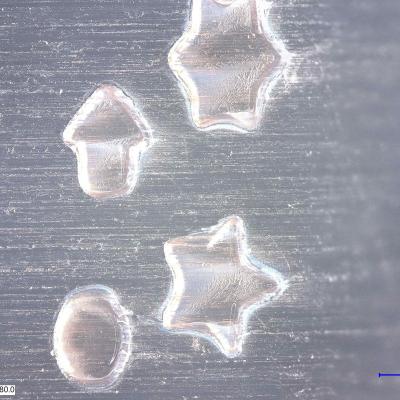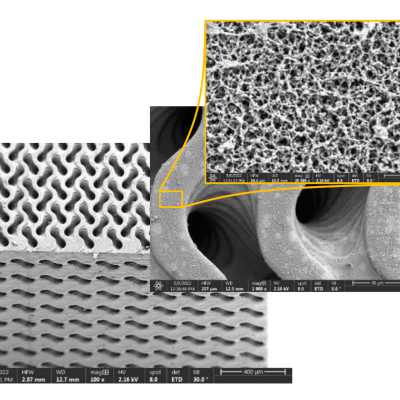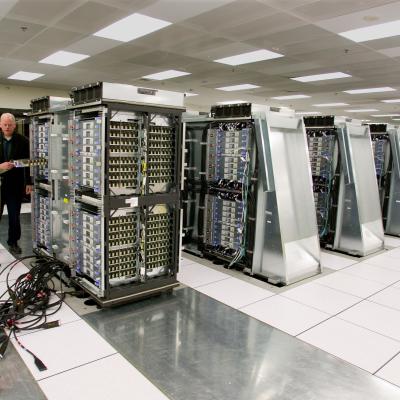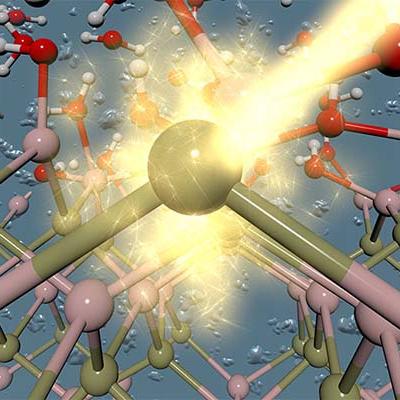LLNL’s invention is a photopolymerizable polymer resin that consists of one or more nitrile-functional based polymers. The resin is formulated for SLA based 3D printing allowing for the production of nitrile-containing polymer components that can then be thermally processed into a conductive, highly graphitic materials. The novelty of the invention lies in (1) the photo-curable nitrile-…
Keywords
- Show all (68)
- Synthesis and Processing (20)
- Additive Manufacturing (7)
- Materials for Energy Products (6)
- Data Science (5)
- Cybersecurity (4)
- Material Design (4)
- Imaging Systems (3)
- Analysis (2)
- Computing (2)
- Membranes (2)
- Rare Earth Elements (REEs) (2)
- Simulation (2)
- Additively Manufactured (AM) Optics (1)
- Direct Air Capture (1)
- Magnet Compositions (1)
- Material Characterization (1)
- Multilayers (1)
- Structural Materials (1)
- (-) 3D Printing (2)
- (-) Information Technology (1)


LLNL researchers have developed novel advanced manufactured biomimetic 3D-TPMS (triply periodic minimal surface) membrane architectures such as a 3D gyroid membrane. The membrane is printed using LLNL's nano-porous photoresist technology. LLNL’s 3D-TPMS membranes consist of two independent but interpenetrating macropore flow channel systems that are separated by a thin nano-porous wall…

LLNL has developed a new active memory data reorganization engine. In the simplest case, data can be reorganized within the memory system to present a new view of the data. The new view may be a subset or a rearrangement of the original data. As an example, an array of structures might be more efficiently accessed by a CPU as a structure of arrays. Active memory can assemble an alternative…

Dubbed the "LLNL Chemical Prism", the LLNL system has use wherever there is a need to separate components of a fluid. A few examples include:
- Chemical detection for known and previously unknown chemicals or substances
- Separation of biomolecules from a cellular extract
- Fractionation of a complex mixture of hydrocarbons
- Forensic analysis of…

